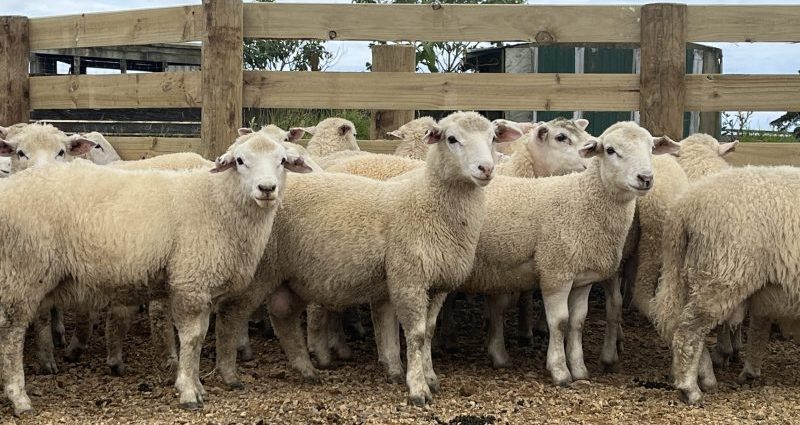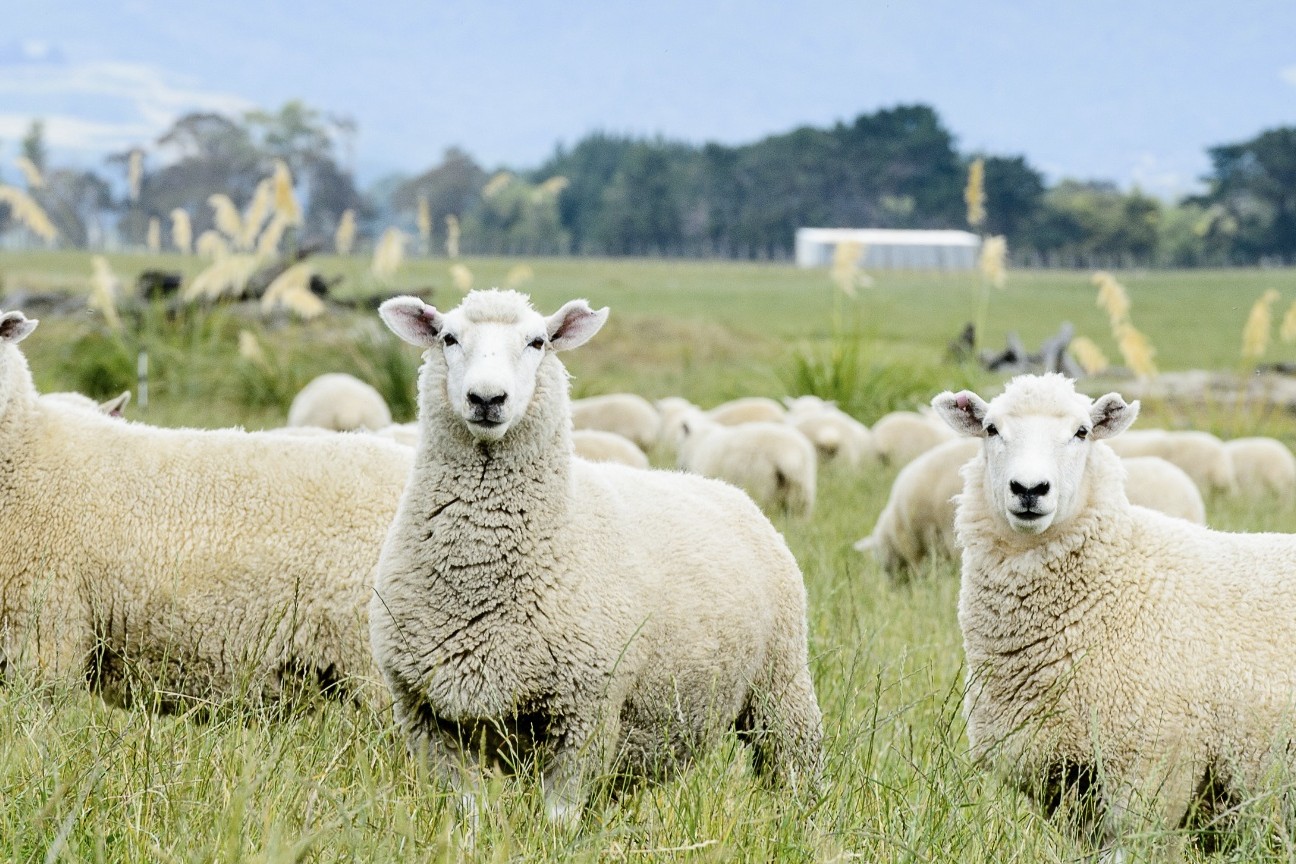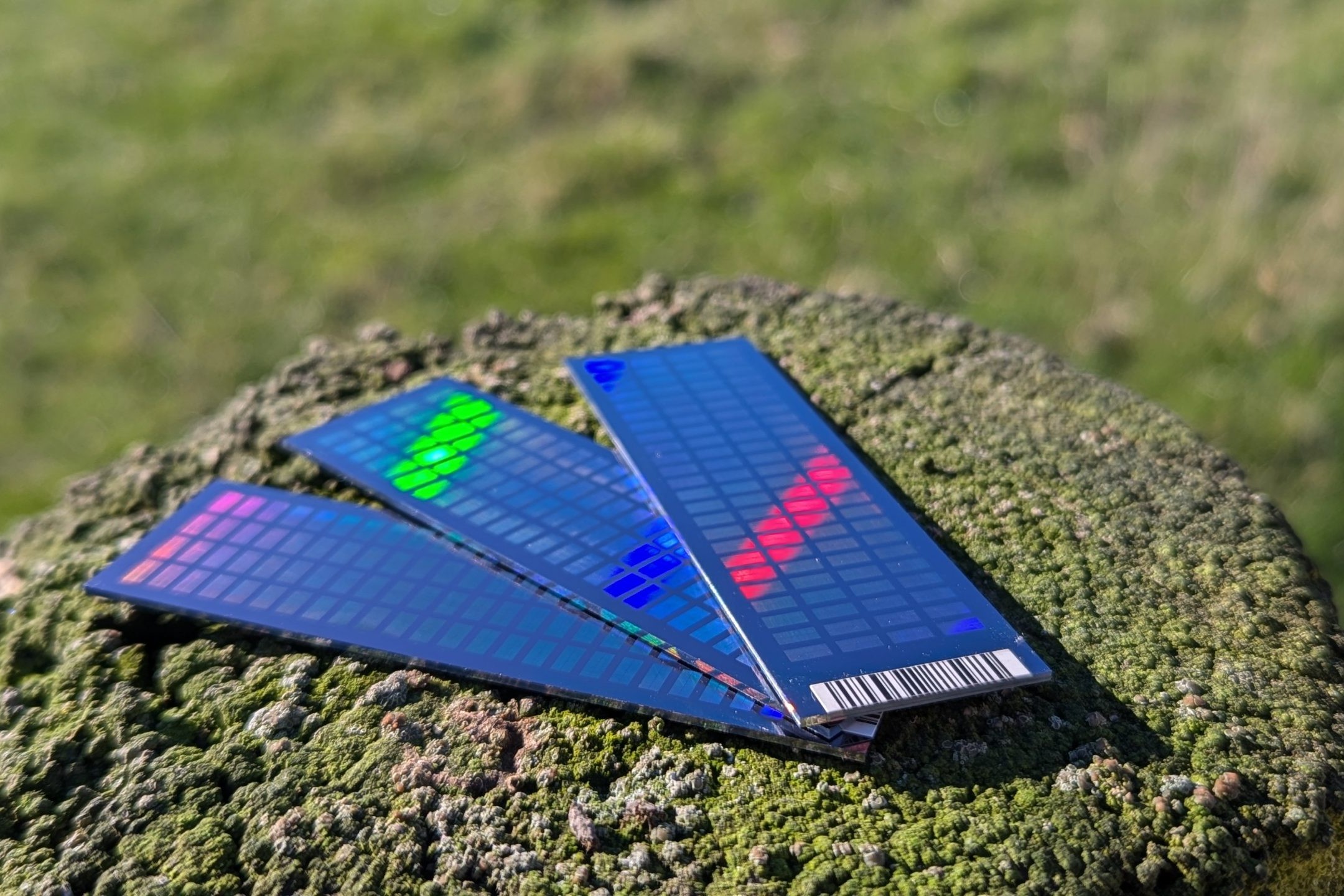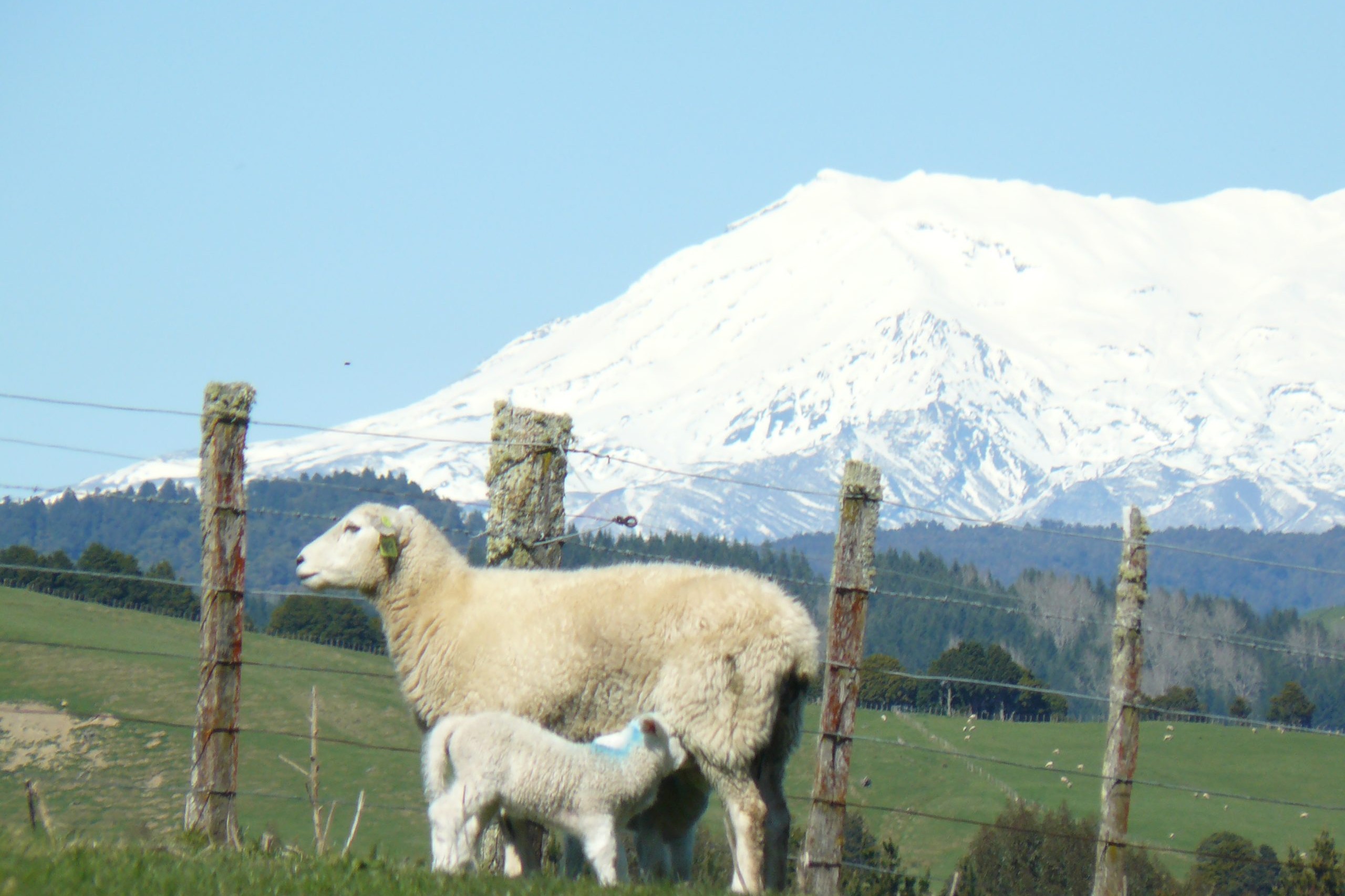Breeding resilience for a changing environment
As New Zealand becomes more subtropical over time, our predominantly Romney-based national flock needs to get fit for the future in an environment of increased heat and parasite stress. Words Sarah Perriam-Lampp.

The past 30 years of New Zealand sheep’s productivity progress is now met with the need to evolve for future challenges facing our national sheep flock.
What does the sheep of the future look like to adapt and thrive in tomorrow’s conditions to deliver both productivity and resilience for sheep farmers to continue to remain viable?
A $10.5 million Ministry for Primary Industries’ Sustainable Food and Fibre Futures Fund (SFF Futures) ‘Sheep of the Future’ research programme is led by Pāmu and managed by Focus Genetics at the 3,000ha commercial farm, Kaprio Station in Northland.
“This groundbreaking seven-year initiative aims to transform sheep-based production systems,” says Pāmu CEO Mark Leslie. “It will lower production costs and enhance sheep farming businesses’ viability.”
Now three years into its mission, the research has a clear focus on selecting for five key demands that a typical farm system is being challenged by for the next generation of New Zealand sheep:
- Growth, meat yield, survival and reproduction
- Methane emissions and feed efficiency (RFI)
- Facial eczema and internal parasite and immune competence
- Shedding, tail length, and dags
- Heat and humidity tolerance
“There’s a bit of a misconception about this programme,” explains Matt Johnson, General Manager of Focus Genetics. “Everyone thinks it’s just about shedding sheep, but it’s a whole lot wider than that. We are looking at five traits areas that benefit all sheep breeders.”
The origin base of the programme was 2,000 Romney ewes bred from Focus Genetic’s Goudies rams, renowned for high fertility (180% scanning in mixed-age ewes) with high growth and proven facial eczema tolerance. The ewes are being put to the test under future conditions of a subtropical climate which could be prevalent across most parts of the North Island and upper South Island in the future.
The programme is focused on combining the strengths of the Goudies’ genetics with domestic and international shedding and hair breeds such as Wiltshire, Dorper, Damara, Texel, Shire, UltraWhite and Aussie White, Exlana, MeatMaster and SheepMaster.
Genetic linkages to the strong-wool breeds via the Goudies flock ensures outcomes from this programme will be relevant to all sheep breeds of New Zealand.
All animals have been genotyped through GenomNZ and genomic information for breeding value estimates are provided by nProve.
“The immune competency trait is really quite exciting, because it’s going to take things to the next level,” says Matt.
The research is overseen by Bioeconomy Science Institute (formerly AgResearch) Senior Scientist Dr Kathryn McRae, who will explore immune competence in New Zealand sheep. Immune competence is the ability of the animal to mount a healthy immune response following exposure to bacterial or viral infection. The study aims to define a measurement tool for immune competence that can be incorporated into breeding programmes.
With parasite burdens increasing across the country, the programme is testing sheep’s ability to withstand internal parasites – a trait that could reduce drenching and improve animal health.
Using GPS tracking and behavioural studies, the team is identifying sheep that cope best with heat and humidity. “If an animal is reacting negatively to heat, then they’re obviously probably not grazing as much, which will have production and animal welfare outcomes,” Matt says.
Trials at Invermay with Dr Tricia Johnson, Team Leader for Animal Genomics at Bioeconomy Science Institute are methane emissions output and feed efficiency to the greater data set. The research shows that it’s heritable, and selecting low emitters doesn’t reduce performance.
“We are looking at five novel traits that benefit all sheep breeders.” – Matt Johnson, General Manager, Focus Genetics
“There are some very significant differences in feed efficiency, with some animals requiring significantly less feed for the same production outcomes, which is an important attribute when feed availability is increasingly variable in a changing environment,” says Tricia.
All research is ultimately also geared towards ensuring that the traits are balanced with producing sheep that grow well, yield well, and reproduce efficiently to ensure all-round profitability for farmers.
The benefit of the programme will be in the connections and relationships with strong-wool, fine-wool and no-wool breeders, with the data generated from this programme flowing through New Zealand’s national sheep evaluation programme, nProve, managed by Beef + Lamb New Zealand, and will be available to all farmers.




